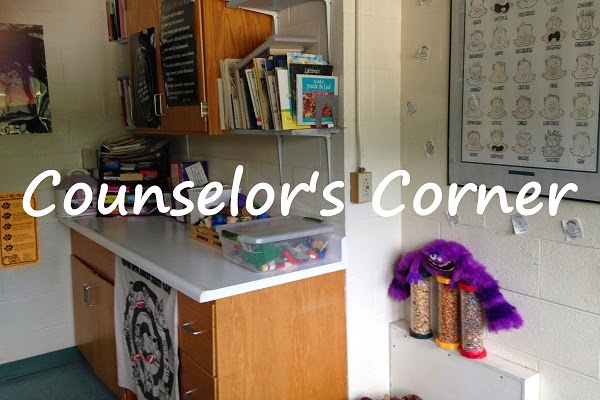We've all been there - our children make a mistake and we rush in to demand they apologize. It turns out there is a better way to show children that even though they misbehaved they aren't "bad". Try helping your child calm down first and giving them some time to collect their thoughts. Once they are calm, talk about how their behavior has affected someone else by giving concrete examples that they will understand and relate to. Then talk it through together to help them figure out what they could do next time instead of making the poor choice. Since, we can't take the words or actions away, help your child think about what they can do to make the other person feel better. They may want to draw them a picture or share a toy together - which will help your child understand that they are responsible for correcting their own mistakes. Lastly, encourage and guide your child to apologize for their actions. This could be done verbally or written depending on the child's comfort level. Following these steps will help teach your child to mean their apology instead of simply forcing them to apologize. Once you have guided them to an apology be sure to compliment your child for helping make someone feel better and taking responsibility. By following these steps we can teach our children to take responsibility for their mistakes instead of simply saying the rote words, "I'm sorry".
You may also want to read a story such as
Sorry! by Trudy Ludwig. In this children's book, the author emphasizes how to take ownership of our actions and right our wrong. It also acknowledges how their is a whole lot more to apologizing than a careless word tossed out.


